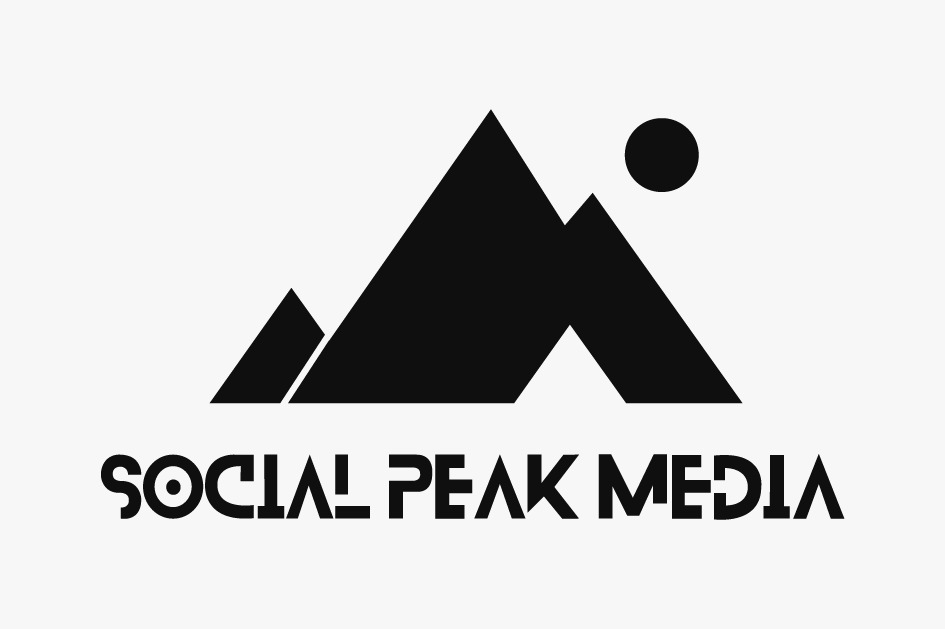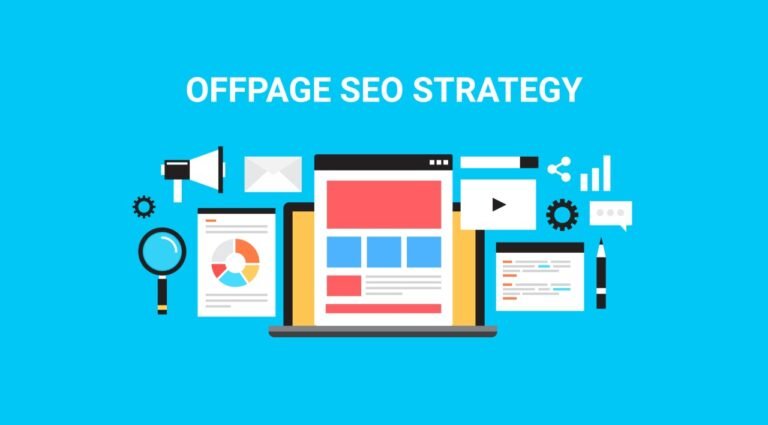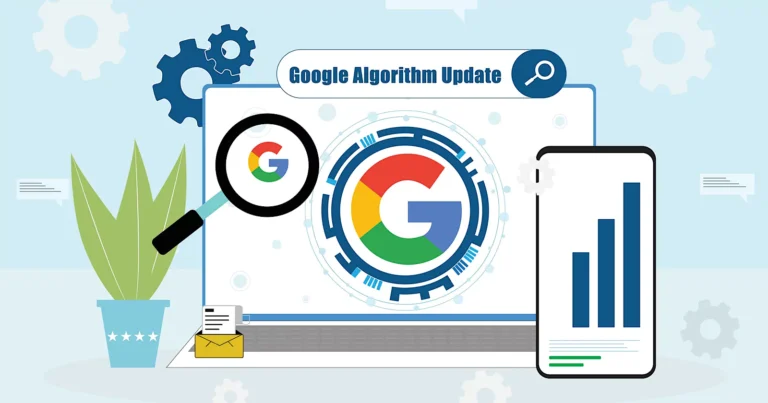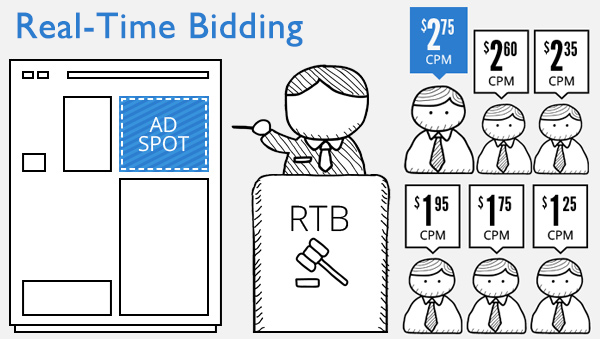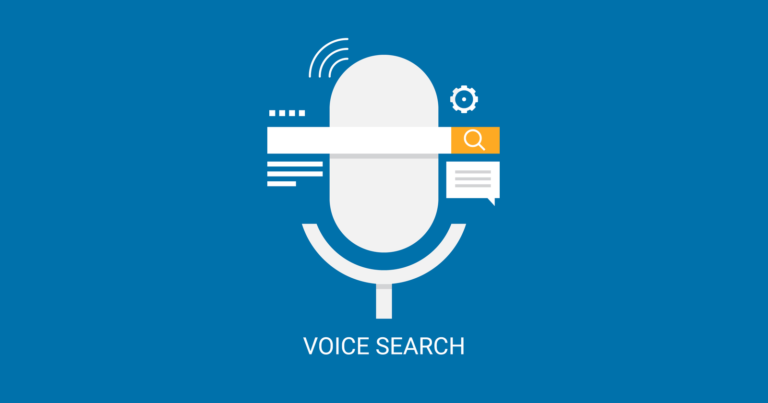On-Page SEO vs Off-Page SEO: Understanding the Differences
In today’s digital world, where online presence is everything, the term “SEO” gets thrown around a lot. If you’re a small business owner in Sacramento or anywhere else, you’re likely familiar with the concept. But do you really understand the two main pillars of SEO: on-page and off-page? Both are essential to your website’s success, yet they play very different roles.
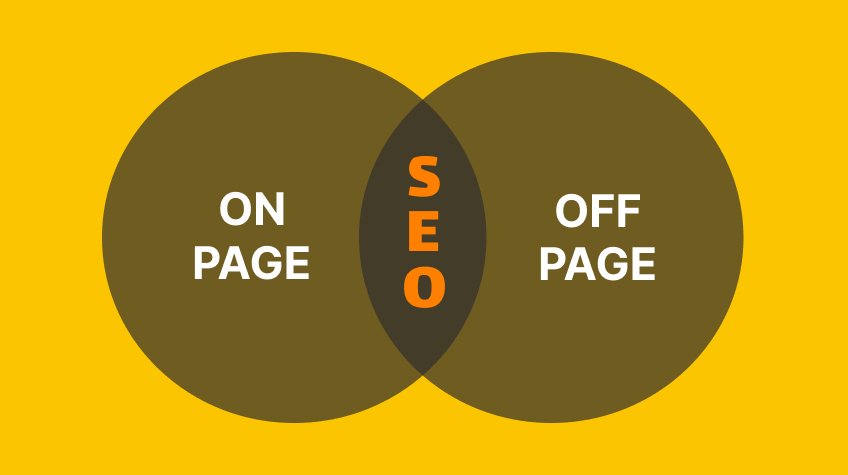
Let’s dive deep into the distinctions between on-page SEO vs off-page SEO, and explore how they can work together to help your business shine online.
Key Metrics for Evaluating On-Page and Off-Page SEO Effectiveness
When it comes to SEO, measuring effectiveness isn’t just a matter of looking at whether you’re getting more traffic. Sure, that’s the ultimate goal, but understanding the specific metrics that tell you how well your on-page and off-page SEO efforts are working is crucial.
On-Page SEO Metrics
On-page SEO refers to the elements you can control directly on your website. It’s about making your site as search-engine-friendly as possible. The metrics to evaluate include:
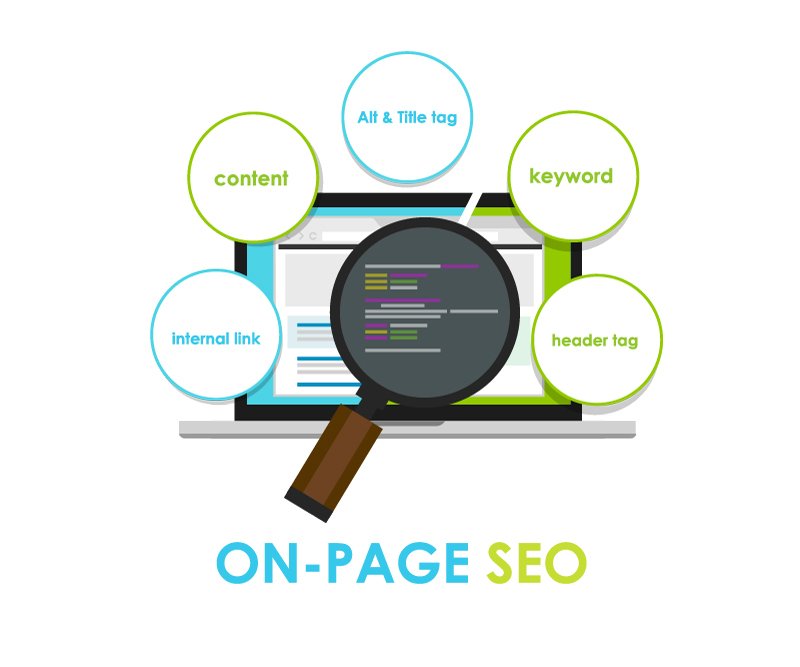
- Keyword Optimization: Are the keywords you’ve identified as important to your business prominently featured in your content, titles, meta descriptions, and headings? Effective on-page SEO ensures these keywords are naturally integrated into your site’s content.
- Content Quality: Is the content on your site informative, engaging, and relevant to your audience? High-quality content not only keeps visitors on your site longer but also improves your ranking on search engines.
- Page Speed: Google has made it clear that page load time is a ranking factor. Tools like Google PageSpeed Insights can help you gauge how quickly your pages load and offer suggestions for improvement.
- Mobile-Friendliness: With more people browsing the web on their phones than ever before, having a mobile-friendly site is critical. Google uses mobile-first indexing, meaning the mobile version of your site is the primary version considered in rankings.
- Internal Linking Structure: Are you effectively using internal links to connect related content within your site? A strong internal linking structure helps search engines understand the hierarchy and importance of your pages, which can boost rankings.
Off-Page SEO Metrics
Off-page SEO focuses on building your site’s reputation and authority outside of your website. The metrics to evaluate include:
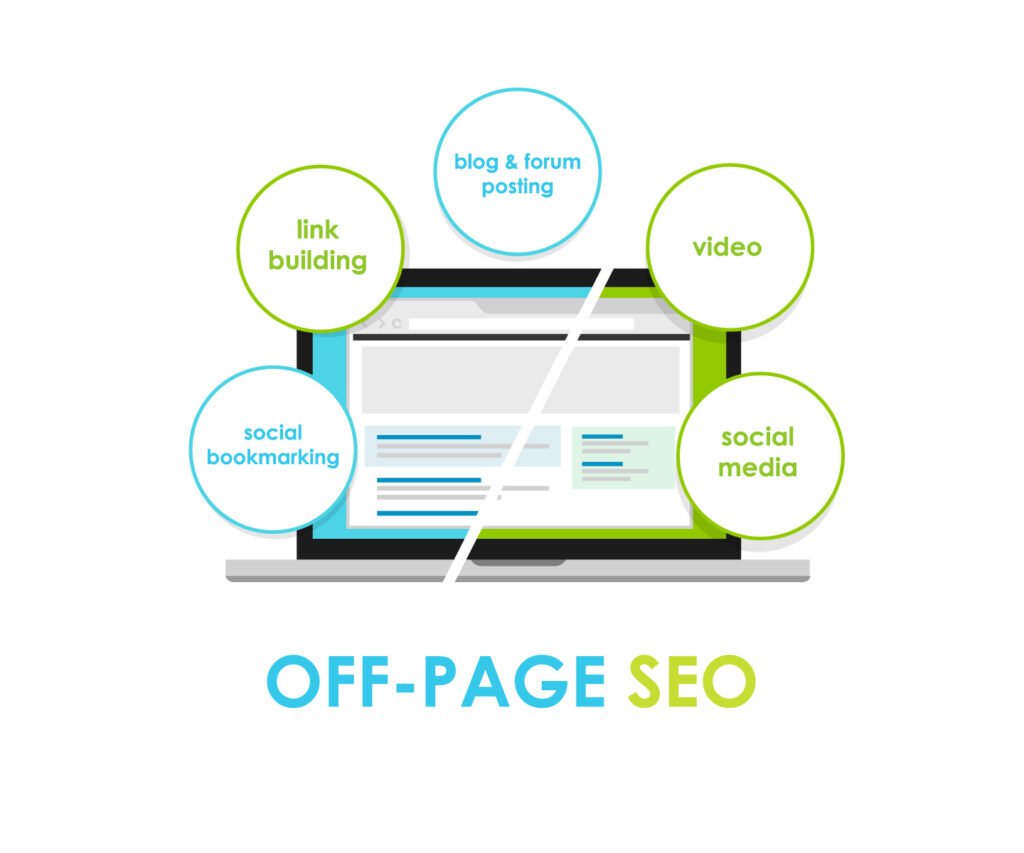
- Backlinks: The number and quality of links pointing to your site are among the most important off-page SEO factors. Not all backlinks are created equal; links from high-authority sites are far more valuable than links from lesser-known sources.
- Domain Authority (DA): This metric, which ranges from 1 to 100, reflects your site’s overall authority and is influenced by the quality of your backlinks and other off-page factors.
- Social Media Engagement: While social media signals aren’t direct ranking factors, high levels of engagement can indirectly boost your SEO by driving traffic to your site and increasing brand visibility.
- Brand Mentions: Even if they don’t include a link, mentions of your brand on other sites or social media platforms can help build your site’s authority.
- Online Reviews: Positive reviews on platforms like Google My Business, Yelp, and industry-specific review sites can enhance your online reputation and contribute to local SEO success.
How On-Page and Off-Page SEO Work Together
Understanding the difference between on-page and off-page SEO is crucial, but knowing how they complement each other is where the magic happens.
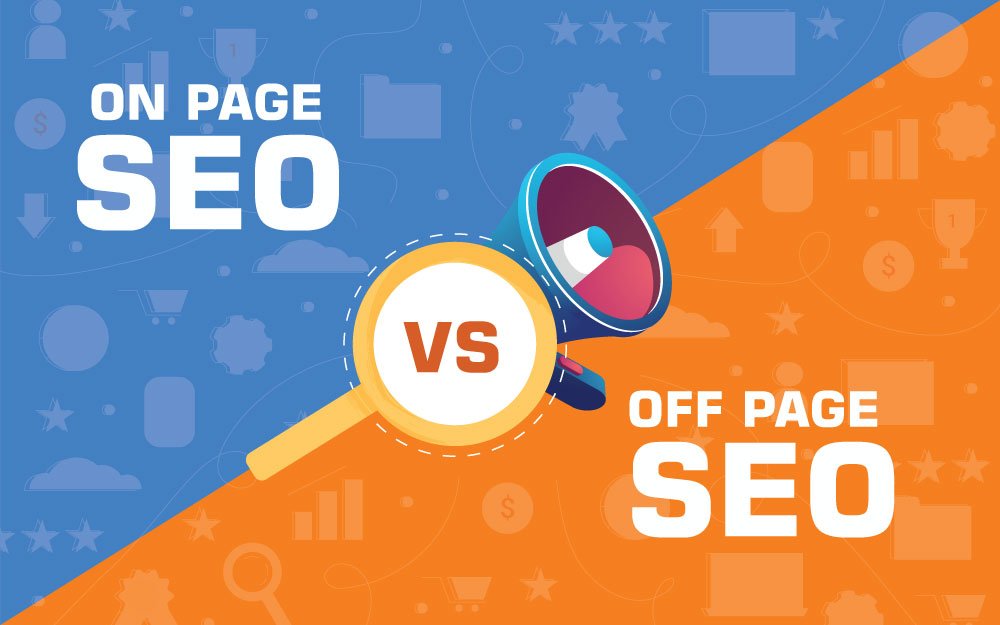
Building a Strong Foundation with On-Page SEO
Think of on-page SEO as the foundation of your SEO strategy. Without a solid foundation, any efforts you make off-page won’t be nearly as effective. By optimizing your website’s content, structure, and performance, you’re setting the stage for search engines to take notice.
- Content that Attracts: Quality content isn’t just about keywords; it’s about answering the questions your audience is asking. When your content is informative and engaging, it’s more likely to be shared, linked to, and even cited by other reputable websites—all of which feed into your off-page SEO efforts.
- Optimized User Experience: On-page SEO ensures your site is easy to navigate and quick to load, which not only keeps visitors happy but also makes your site more attractive to search engines.
Enhancing Authority with Off-Page SEO
While on-page SEO lays the groundwork, off-page SEO is what helps build your site’s authority and credibility in the eyes of search engines.
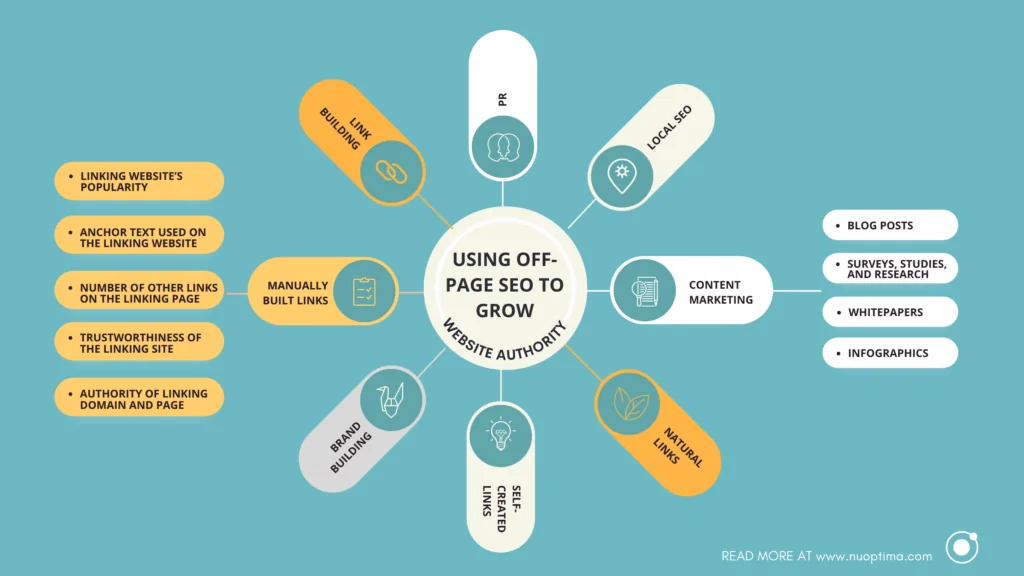
- Earning Backlinks: When other websites link to your content, it’s like a vote of confidence. Search engines interpret these backlinks as indicators that your site offers valuable information, which can help boost your rankings.
- Leveraging Social Media: Engaging with your audience on social media can drive traffic to your site and increase brand awareness. The more people talk about and share your content, the more likely it is that you’ll earn those valuable backlinks.
- Building a Positive Online Reputation: Off-page SEO also includes managing your brand’s reputation online. Encouraging positive reviews, responding to negative ones, and being active on industry forums can all contribute to a stronger online presence.
Common Misconceptions About On-Page and Off-Page SEO
Despite the wealth of information available, there are still many misconceptions about on-page and off-page SEO. Let’s clear up some of the most common ones.
Misconception 1: On-Page SEO Is All About Keywords
While keyword optimization is certainly a big part of on-page SEO, it’s not the only aspect. Many people still believe that stuffing as many keywords as possible into their content will lead to higher rankings. However, search engines have become much more sophisticated, and they now prioritize content that offers real value to users. So yes, keywords matter, but they should be used naturally and in context.
Misconception 2: Off-Page SEO Is Just Link Building
Yes, backlinks are important, but they’re not the only component of off-page SEO. A strong off-page SEO strategy also includes social media marketing, influencer outreach, guest blogging, and more. It’s about building your brand’s authority and reputation across the web, not just accumulating links.
Misconception 3: On-Page SEO Is a One-Time Task
Some business owners think that once they’ve optimized their site’s content and structure, they’re done with on-page SEO. In reality, on-page SEO is an ongoing process. As your business evolves and search engine algorithms change, you’ll need to continually update and refine your site’s content and structure.
Misconception 4: Off-Page SEO Can Replace On-Page SEO
Some people think they can focus exclusively on off-page SEO and ignore on-page SEO altogether. This is a mistake. While off-page SEO can boost your site’s authority, it won’t be as effective if your site’s content and structure aren’t optimized. The two work best in tandem.
The Role of Backlinks in On-Page SEO
Backlinks might traditionally be considered part of off-page SEO, but their role in on-page SEO shouldn’t be underestimated. When other reputable websites link to your content, it’s a signal to search engines that your site is trustworthy and authoritative. But how does this tie into on-page SEO?

Internal Linking and Backlinks
While backlinks come from external sites, internal linking—the practice of linking from one page on your site to another—can also play a crucial role in your SEO strategy. By strategically placing internal links within your content, you can guide visitors to other relevant pages on your site, thereby improving the user experience and increasing the chances of ranking higher for your targeted keywords.
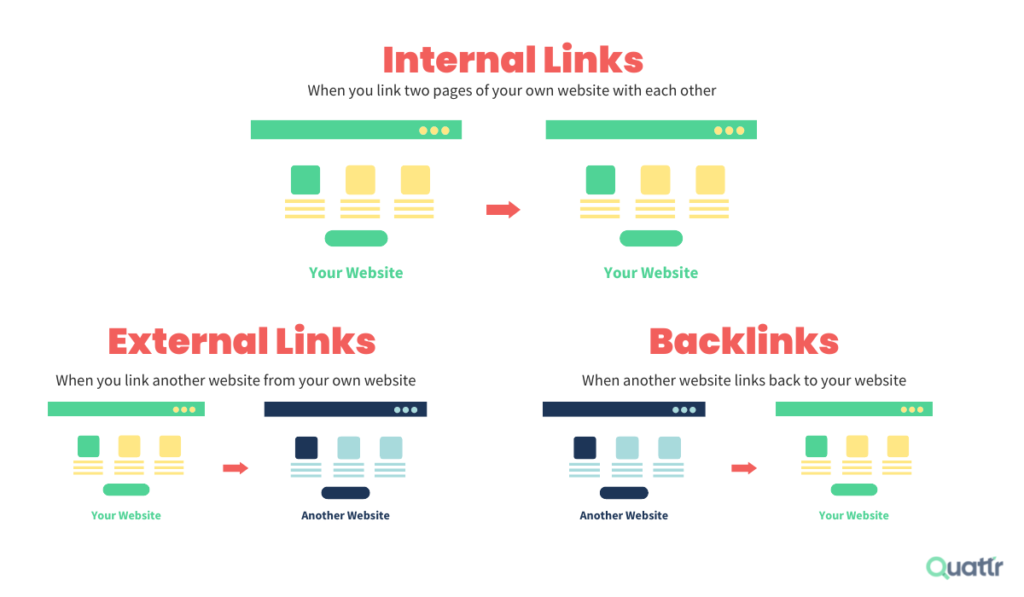
- Enhancing Content Relevance: When you link to relevant content within your site, you help search engines understand the context of your pages. This can make it easier for your content to rank for related search queries.
- Improving Crawl Efficiency: Internal links also help search engines crawl your site more effectively. By ensuring that all your important pages are easily accessible through links, you make it easier for search engines to index your content.
Quality Over Quantity
When it comes to backlinks, quality trumps quantity. A few high-quality backlinks from authoritative sites can be far more valuable than dozens of links from low-quality sites. Focus on building relationships with industry influencers, guest blogging on reputable sites, and creating content that naturally attracts links.
The Impact of Social Signals on On-Page SEO
Social signals—likes, shares, comments, and other forms of engagement on social media—may not be direct ranking factors, but they can indirectly impact your on-page SEO. Here’s how:
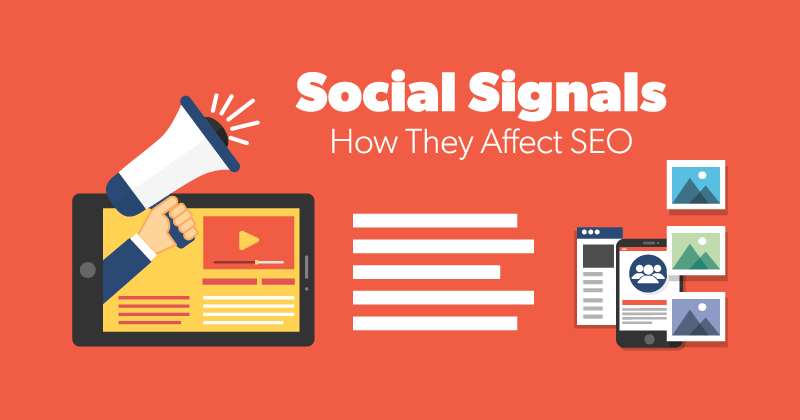
- Increased Traffic When your content is shared on social media, it can drive significant traffic to your site. This increase in traffic can lead to more time spent on your pages, lower bounce rates, and more opportunities for backlinks—all of which can positively impact your on-page SEO.
- Enhanced Brand Awareness A strong social media presence can help boost your brand’s visibility and credibility. When people see your content being shared and discussed online, they’re more likely to trust your brand and visit your site. This increased brand awareness can lead to more organic traffic and higher engagement on your site.
- User-Generated Content Encouraging your audience to share their experiences with your products or services on social media can lead to user-generated content that you can feature on your site. This not only adds fresh, relevant content to your site but also shows search engines that your brand is engaging and relevant.
FAQs
Conclusion
Understanding the differences between on-page SEO and off-page SEO is essential for crafting a well-rounded strategy that boosts your website’s visibility and authority. While on-page SEO focuses on optimizing your site’s content and structure, off-page SEO builds your site’s reputation and authority across the web.
By integrating both approaches, you can create a powerful SEO strategy that drives traffic, improves rankings, and helps your business grow.
Disclosure: Our blog contains affiliate links to products. We may receive a commission for purchases made through these links. However, this does not impact our reviews and comparisons. We try our best to keep things fair and balanced, in order to help you make the best choice for you.
